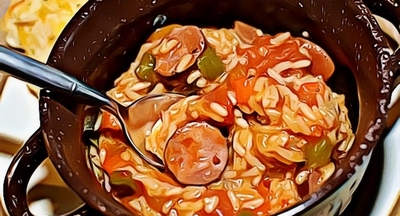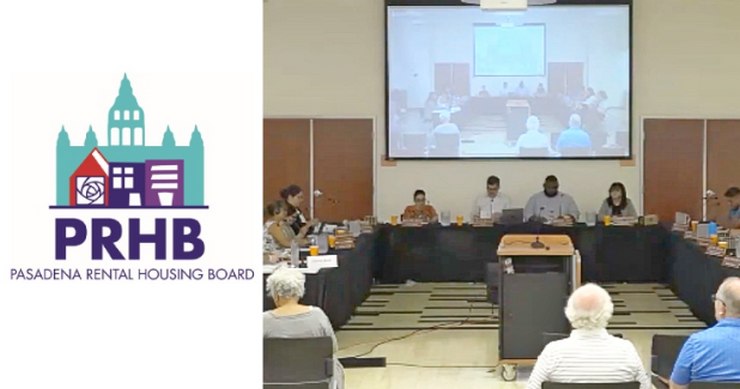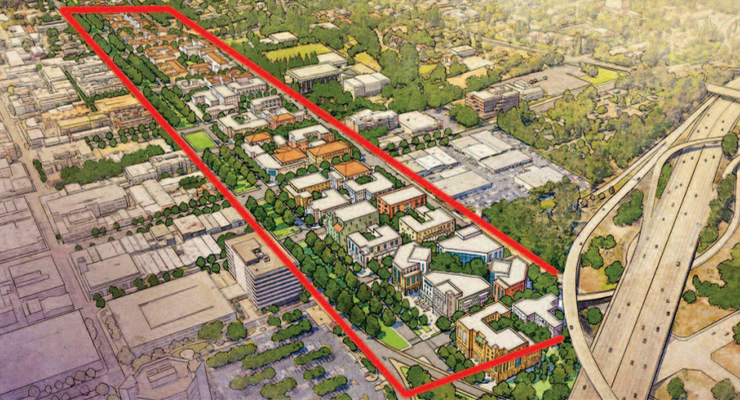 The discussion on changing the name of John Muir High School is low-hanging fruit, at best.
The discussion on changing the name of John Muir High School is low-hanging fruit, at best.
As a Muir alumnus, I offer this as my opinion: The name should never be changed.
The students who attended the school during and immediately after U.S. District Judge Judge Manuel Real’s monumental 1970 ruling to desegregate the school district by imposing racially based busing, overcame that racism and shined despite those hateful attitudes.
Muir wasn’t the only character from the city’s past to hold racist beliefs. Students from the 1960s and ’70s, myself included, had to combat those very same perceptions, which were held by many city and school district officials, who were nearly all white and mostly male.
So, in the case of Muir, don’t just look at the white guy who said the N-word in the late 1800s without bothering to look at our far more recent local history of bigotry.
Redlining was still occurring in Altadena when my family became the first Black family to buy a home on Altadena Drive near Marengo Avenue more than 50 years ago. In those days, Black people couldn’t go into certain areas in town past dark. Like neighboring Glendale, Pasadena was a “sundown city,” which meant get out before dark, or else.
Of course, who could forget the destruction of Black businesses and homes when the 210 Freeway was built, pushing Black families into Northwest Pasadena. And there was the opening of Blair High School, a place where white parents in Linda Vista could send their kids, far away from Black students.
As far as John Muir High School is concerned, the opinions and attitudes of our own civic leaders were far worse than those of the man the school is named after.
Kevin Uhrich and I covered this extensively when we worked together at the then-great PW.
Either way, it doesn’t matter what John Muir or city officials said — we were Mustangs then, and always will be.
But if you want to keep playing the name game, this is the kind of mess you get into when you name monuments big and small after men.
For example, there are schools named after Presidents Woodrow Wilson and Andrew Jackson.
Wilson, a Southerner, segregated federal employees in Washington, D.C. and screened one of the most racist films ever made, 1915’s “The Birth of a Nation” at the White House.
The silent film, praised today for its technical innovations, hailed the Ku Klux Klan as heroes and depicted Abraham Lincoln as looking to God for forgiveness after signing the Emancipation Proclamation.
Wilson reportedly said of the D.W. Griffith film, “It’s like writing history with lighting.”
Wilson also opposed a proposal to include racial equality as a founding principle in the League of Nations.
Wilson Middle School is closed, but his name remains on the building.
Then there’s Jackson, who helped steal land from indigenous tribes under the Indian Removal Act, which was really an act of genocide that led to the death of at least 5,000 Cherokee people.
Based on that, I’m not really shocked that he’s one of Donald Trump’s heroes.
I couldn’t find which Roosevelt our local school is named after, but it doesn’t make a difference. Franklin ignored calls for anti-lynching laws out of fear he would alienate voters in the Deep South. He also entered into an agreement with Southern politicians to not do anything about oppressive Jim Crow laws in exchange for support of his New Deal legislation.
Southern Dems in the Senate were holding the reform bill hostage and refusing to move on it unless the rest of the Democrats pulled back their anti-lynching bills.
FDR’s cousin, Teddy Roosevelt, supported eugenics, as did many Pasadena luminaries of his time.
Hell, Eleanor Roosevelt may have been the only person of those days worth naming anything after, that is if equality really is the yardstick.
The point is, I could come up with a reason to change the name of every public school in Pasadena. Charles W. Eliot was for segregation. I graduated from Eliot in junior high.
PHS bears the city’s name, but even a name change there could be argued due to the city’s past treatment of minorities, including Joan Williams and Jackie Robinson’s brother, Edgar who was beaten up by Pasadena police along the Rose Parade route while setting up chairs.
Redlining was a constant practice in Altadena, and the terrible treatment of Black people by sheriff’s deputies there was well known. There goes my alma mater, Altadena Elementary School.
What about our streets?
Fair Oaks Avenue in Pasadena was reportedly named by Eliza Griffin Johnston, who came to California after her husband, Confederate Gen. Albert Sydney Johnston, died at the Battle of Shiloh. Johnston was from Fair Oaks, Va., where Confederate soldiers once attempted to overwhelm Union troops at a train station in what came to be called the Battle of Fair Oaks.
Lincoln Avenue was named after Abraham Lincoln, who said, “If I could save the Union without freeing any slave I would do it, and if I could save it by freeing all the slaves I would do it; and if I could save it by freeing some and leaving others alone I would also do that.”
Instead of calling for name changes, maybe we should be calling for better history books.














 0 comments
0 comments


